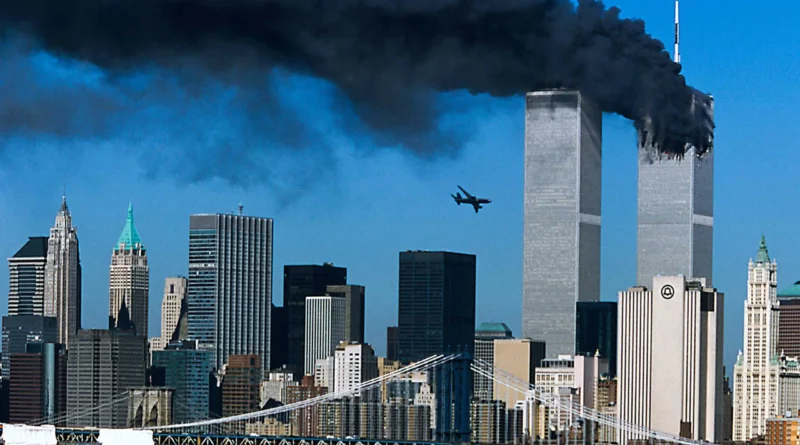History Of 9/11
The terrorist attacks of September 11, 2001, also known as 9/11, are one of the most significant events in modern history. The attacks, which were carried out by 19 terrorists associated with the extremist group al-Qaeda, resulted in the deaths of nearly 3,000 people and changed the world forever.
The morning of 9/11, began like any other day. Millions of people were going about their daily lives, going to work, attending school, or traveling. But at 8:46 am, the first plane, American Airlines Flight 11, was deliberately flown into the North Tower of the World Trade Center in New York City.
The impact of the plane caused a massive explosion and started a raging fire, trapping hundreds of people on the upper floors of the building. At first, many believed the crash was an accident, but when United Airlines Flight 175 hit the South Tower just minutes later, it became clear that the United States was under attack.
The attacks continued when American Airlines Flight 77 crashed into the Pentagon in Arlington, Virginia, at 9:37 am. At 10:03 am, United Airlines Flight 93, which was believed to be headed for the White House or the United States Capitol, crashed in a field in Pennsylvania after passengers tried to overtake the hijackers.
The aftermath of the attacks was devastating. The Twin Towers of the World Trade Center collapsed, killing thousands of people who were trapped inside. The Pentagon suffered significant damage, and the impact of the attacks was felt across the country and around the world.
In the days and weeks that followed, the United States and its allies launched a global war on terror, with the goal of rooting out al-Qaeda and other terrorist groups around the world. The attacks also led to a significant increase in security measures both in the United States and around the world, as countries sought to prevent similar attacks from happening in the future.
The events of September 11, 2001, also had a significant impact on American culture and society. The attacks led to a surge in patriotism and a sense of unity across the country, as people came together to support one another and to honor the memories of those who were lost.
The attacks also had a lasting impact on air travel and transportation, as security measures were tightened and the screening process became much more rigorous. In addition, the attacks led to a renewed focus on emergency preparedness and disaster response, as people sought to be better equipped to handle similar crises in the future.
Twenty years later, the impact of the September 11 attacks can still be felt. The World Trade Center site has been rebuilt, and a new tower, One World Trade Center, now stands as a symbol of resilience and hope. The attacks continue to be commemorated every year on September 11, as people remember those who were lost and honor the bravery of the first responders and others who risked their lives to help others.
In conclusion, the events of 9/11, will always be remembered as a tragic day in American history. The attacks were a wake-up call to the dangers of global terrorism, and they changed the world in profound ways. However, in the face of tragedy and loss, the resilience and strength of the American people shone through, and the legacy of September 11 will continue to inspire and unite people for generations to come.
Discover more from City Towner
Subscribe to get the latest posts sent to your email.




